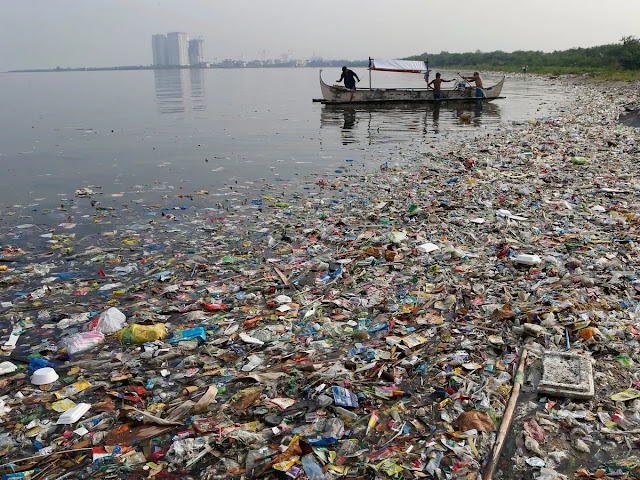‘Sorry, Earth!’.
Posted on May 18th, 2023
Malinda Seneviratne

The late Lanil Kalubowila once offered some interesting reflections on language and politics. The last time I met him, along with our mutual friend Kanishka Goonewardena, he informed us that he had restricted reading to the perusal of encyclopaedias. They were, he observed, to the point. No frills, no editorialising, no propaganda, he said. True, for the most part.
He also said he had a problem with a television show called ‘Good morning Sri Lanka.’
‘Why only Sri Lanka?’
Good question. Sri Lanka is not a planet in and of itself, although some may think so. One says ‘hello’ or ‘good morning’ to an individual, but you are, whether you like it or not, saying ‘good morning’ to more than those in Sri Lanka when you say this on some mass communication platform. What if aliens are listening in, for example. We don’t know about aliens, but we know that Sri Lanka is an island in a planet, a country in a world of nations, an economy that does not allow us to remain an island in the strictest sense. What we do impacts the world. What a country does and indeed what an individual does has an effect on the entire planet.
He said that he had considered an alternative: ‘Good morning, earth’ in the spirit of International solidarity or rather in recognition of interconnectedness. And then he said, ‘We don’t have the moral right to say good morning” to the earth. We should rather say Sorry, Earth.”’
We don’t say ‘sorry’ enough, do we? The human species is marked by love, kindness, compassion etc., but our footprint on this planet also contains indelible streaks of cruelty, arrogance and selfishness. As individuals and as small collectives, we can and are generous, compassionate and sensitive to the world around us and the denizens therein. As a collective?
‘Sorry’ just doesn’t seem adequate, but ‘Good morning, Earth’ without reflection or remorse would sound that much more out of order.
Tammana Begum in an article titled ‘Humans are causing life on Earth to vanish’ published in the National History Museum website, shares some interesting and worrisome facts.
Only 3% of land on Earth still qualifies as ‘ecologically intact,’ studies show. There was never a 100% ‘intact’ planet. Not even before the first humans appeared. That said, what we’ve done is simply atrocious. We have directly altered at least 70% of the Earth’s lands. Deforestation, land degradation, depletion of biodiversity, pollution are some of the more visible crimes. We have land, freshwater ecosystems and the oceans.
‘Live coral cover on reefs has nearly halved in the past 150 years and is predicted to disappear completely within the next 80 years. Coral reefs are home to some of the most diverse ecosystems on the planet,’ Begum claims, citing multiple studies.
The biennial ‘Living Planet Report 2020’ published by the World Wildlife Fund and the Zoological Society of London, states ‘on average, global populations of mammals, birds, fish, amphibians and reptiles plunged by 68% between 1970 and 2016.
The data, collected by 134 experts from around the world covering 20,800 populations of 4,392 vertebrate species including high-profile threatened animals such as pandas and polar bears as well as lesser known amphibians and fish, clearly indicates that nature is being exploited and destroyed by humans on a scale never previously recorded.
Greed, selfishness and ignorance have played their hands well.
It is good to say ‘good morning’ to the Earth for all that we have been given. It is good to say ‘sorry’ too for all the harm that we, as individuals and collectives, have caused. It is good to say ‘thank you’ or ‘bohoma pin’ to those who knew very well that living leaves an imprint and there made it a practice to live consciously of possible wrongs and include in the life practices conscious, compensatory, actions.
We ‘intervene,’ for example, when we build a reservoir, even a ‘village tank,’ but what we also do is harvest rainwater, raise water tables, make things green, provide for other creatures etc. That’s a ‘thank you.’ That’s an indication of true remorse. True ‘sorry.’
There are ‘village tanks’ we can build in the city. There are many ‘village tanks’ we can build in our gardens, in our households, as we walk, as we greet one another.
‘Sorry, Earth,’ then, is a good way to start the day. And for this I am eternally grateful to my late friend, Lanil Kalubowila.
[‘The Morning Inspection’ is the title of a column I wrote for the Daily News from 2009 to 2011, one article a day, Monday through Saturday. This is a new series. Links to previous articles in this new series are given below]